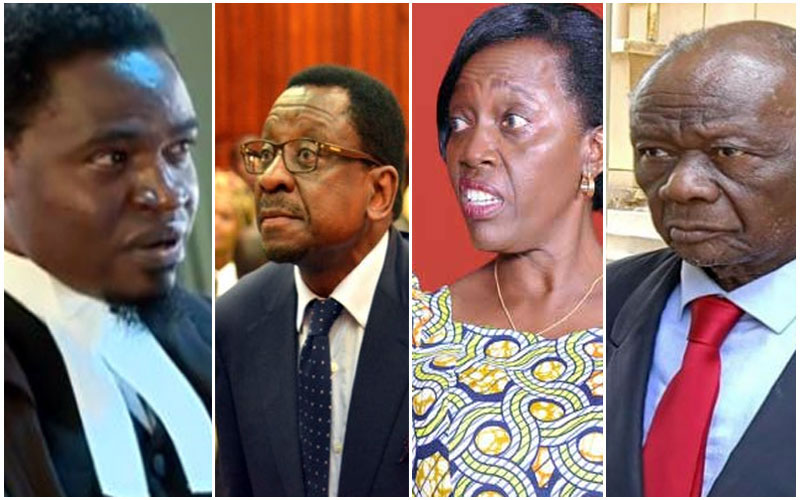×
The Standard e-Paper
Smart Minds Choose Us

Lawyers in BBI appeal case. From left to right: Nelson Havi, James Orengo, Martha Karua and John Khaminwa. [File, Standard]
For four days, a constellation of legal stars – new and old – dazzled the makeshift courtroom outside the Supreme Court building, pitching for their clients, and shaping Kenya’s history.